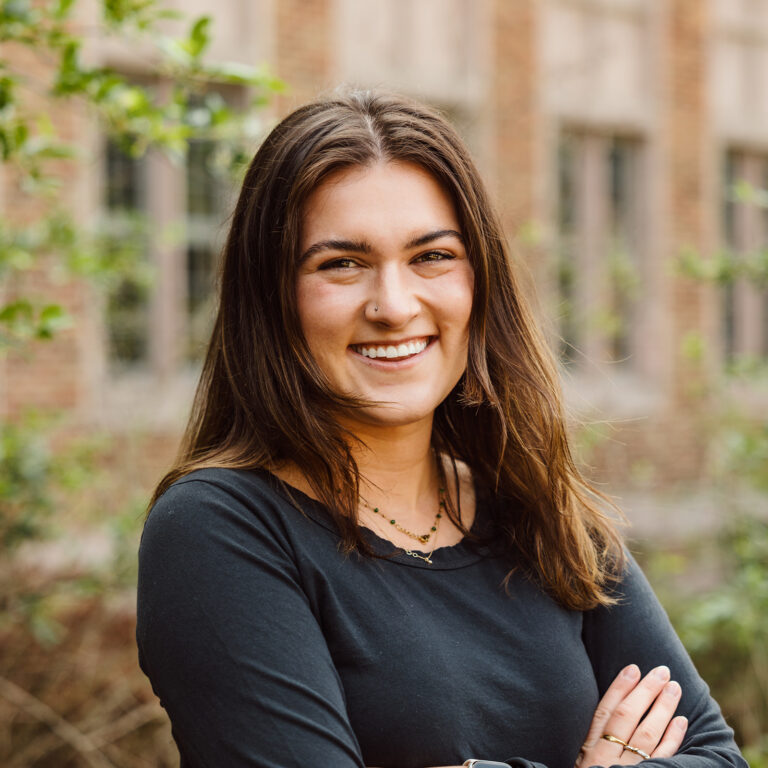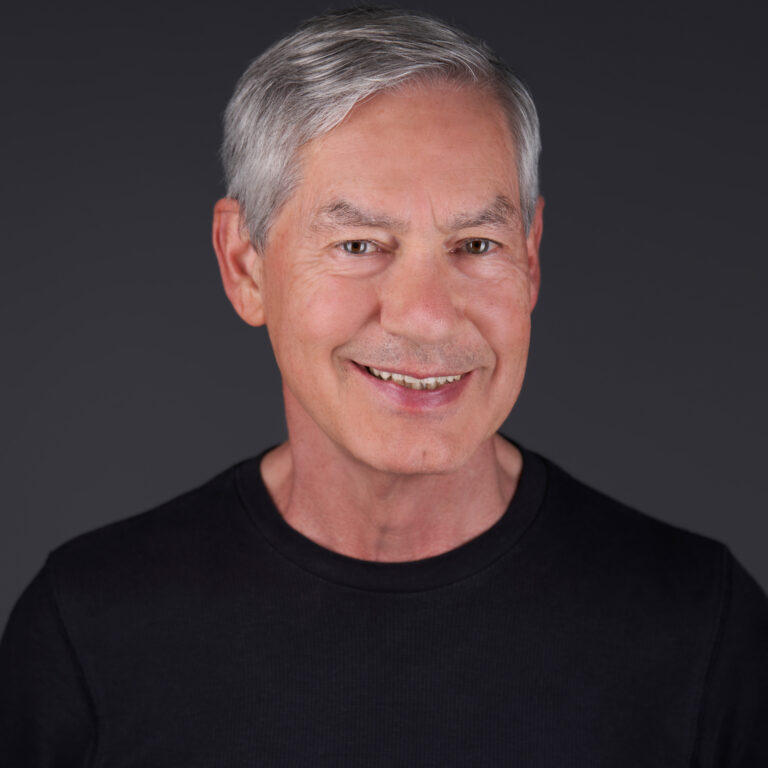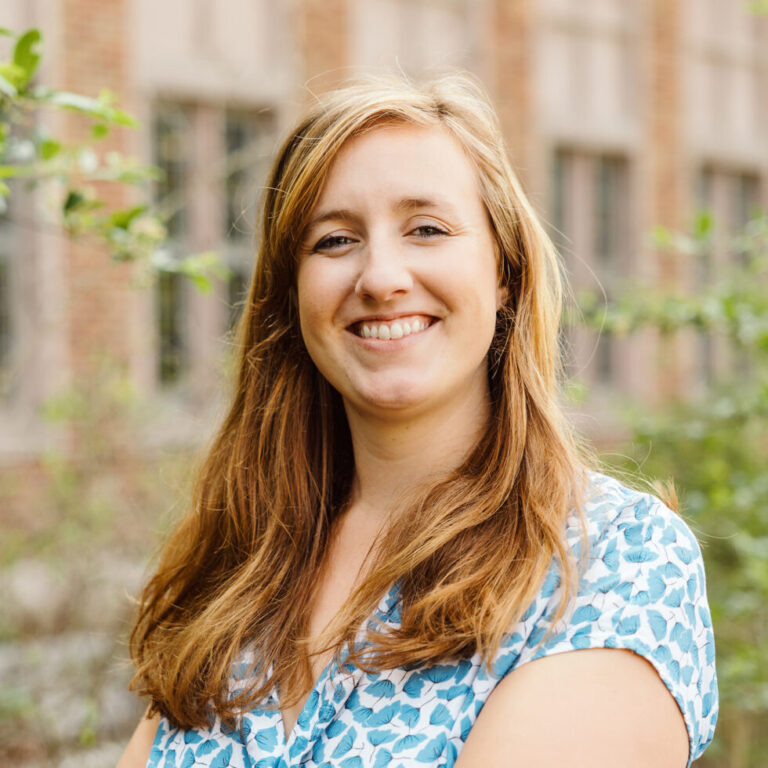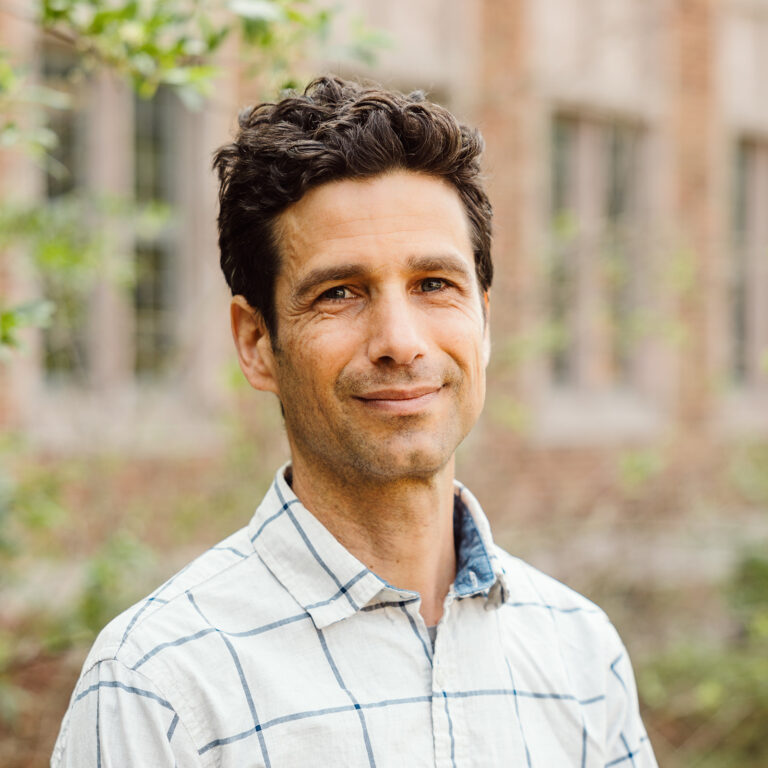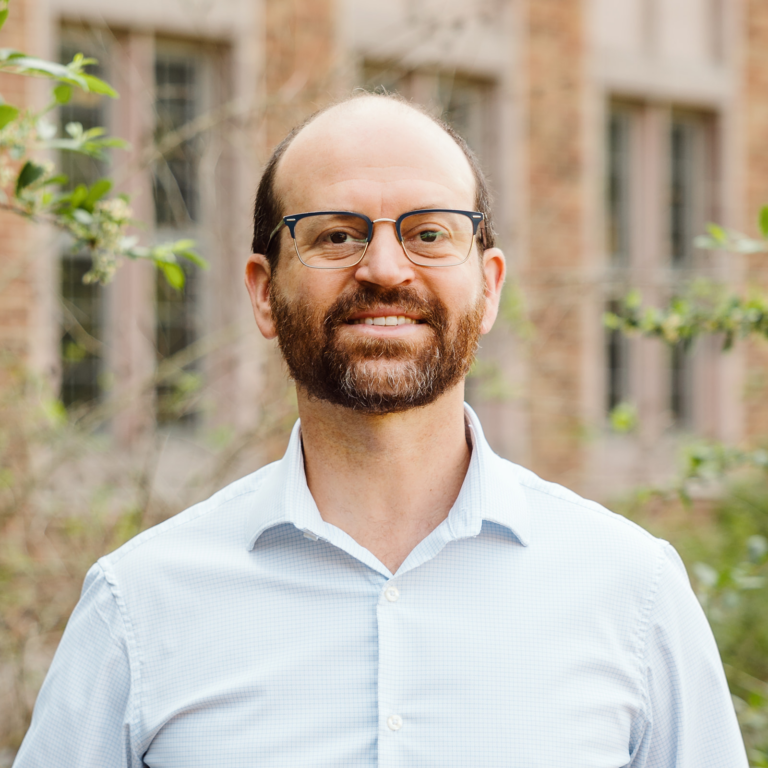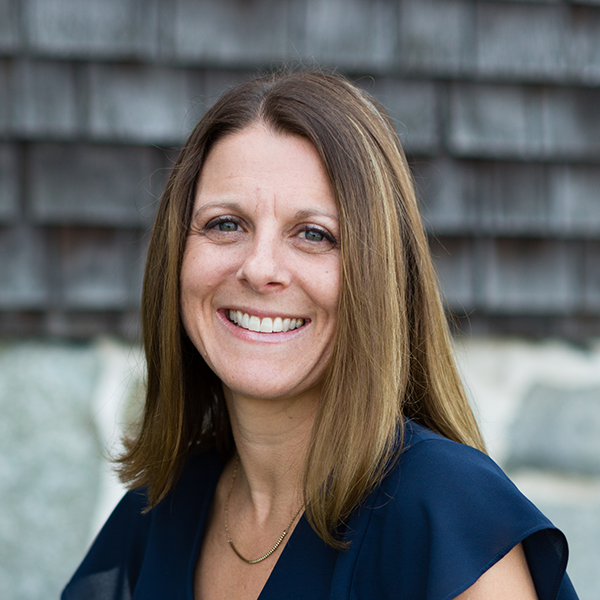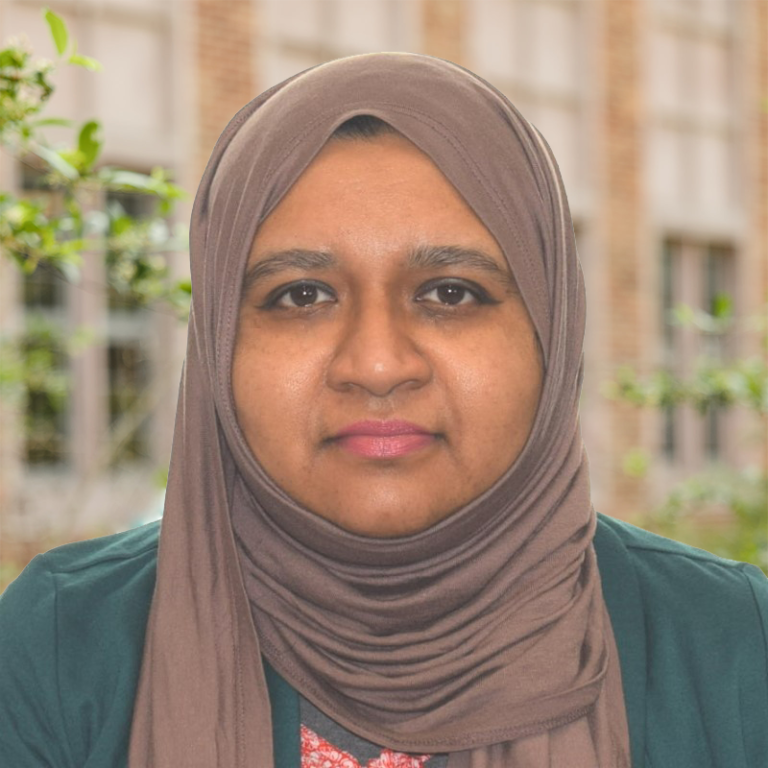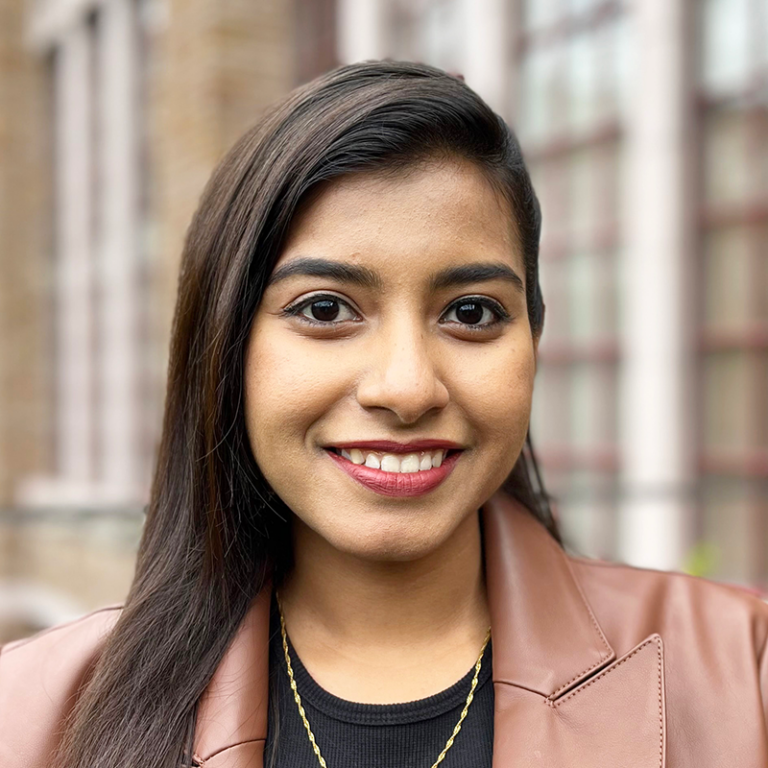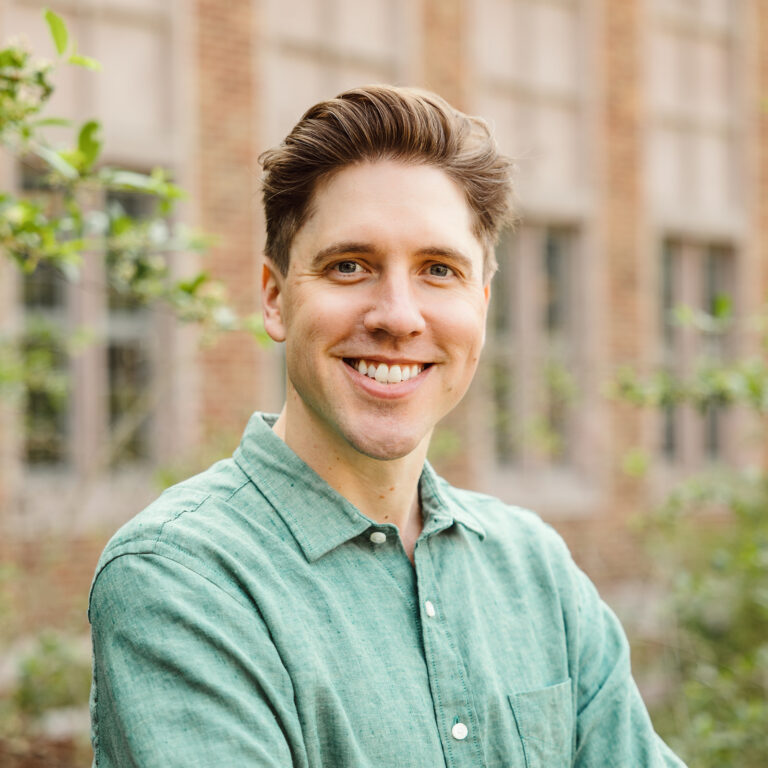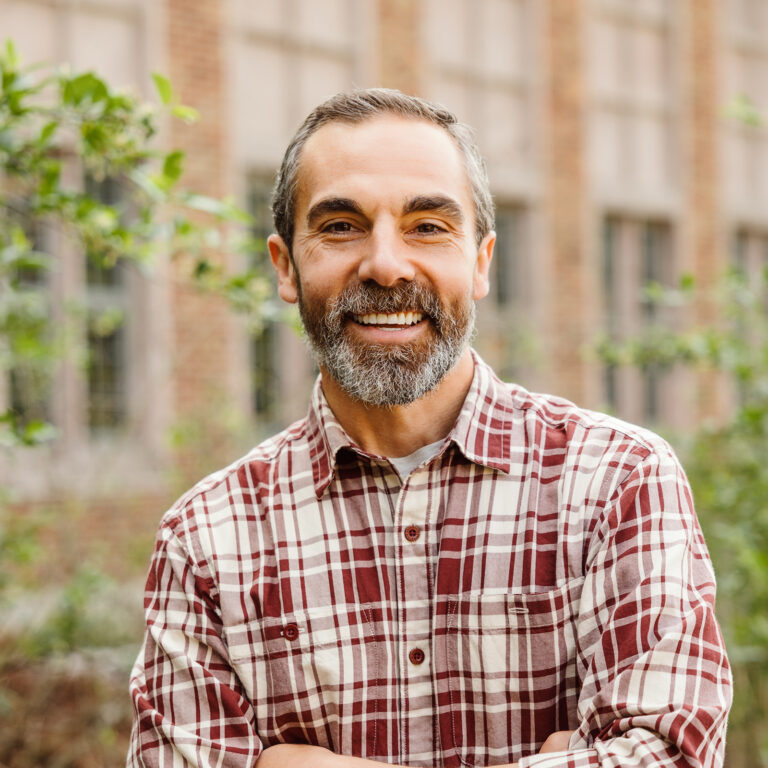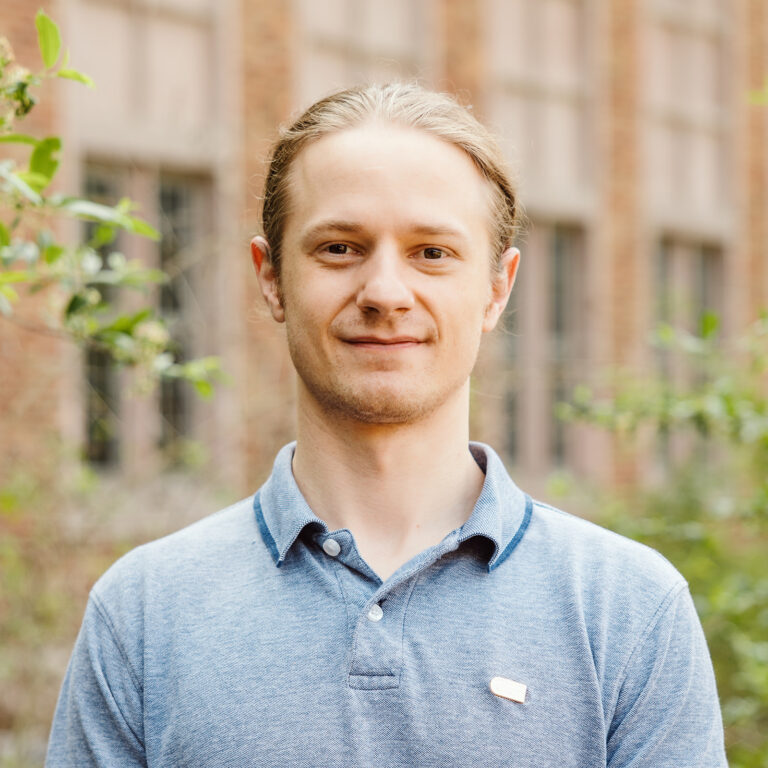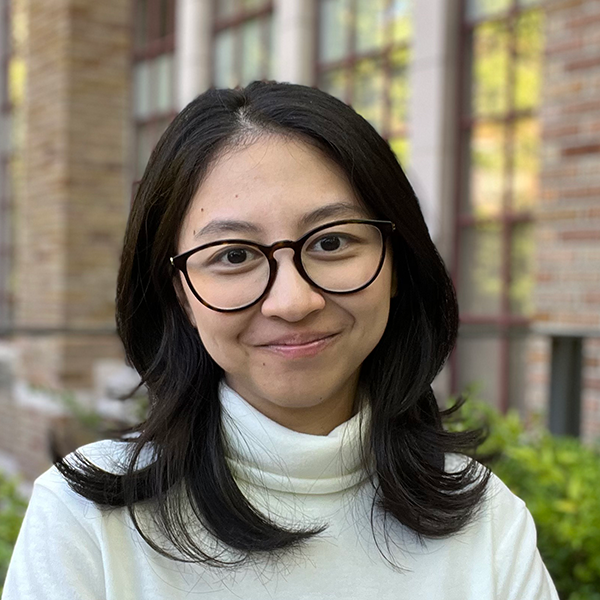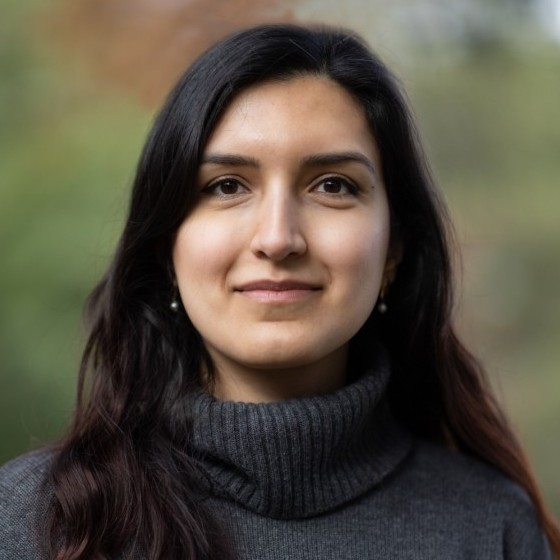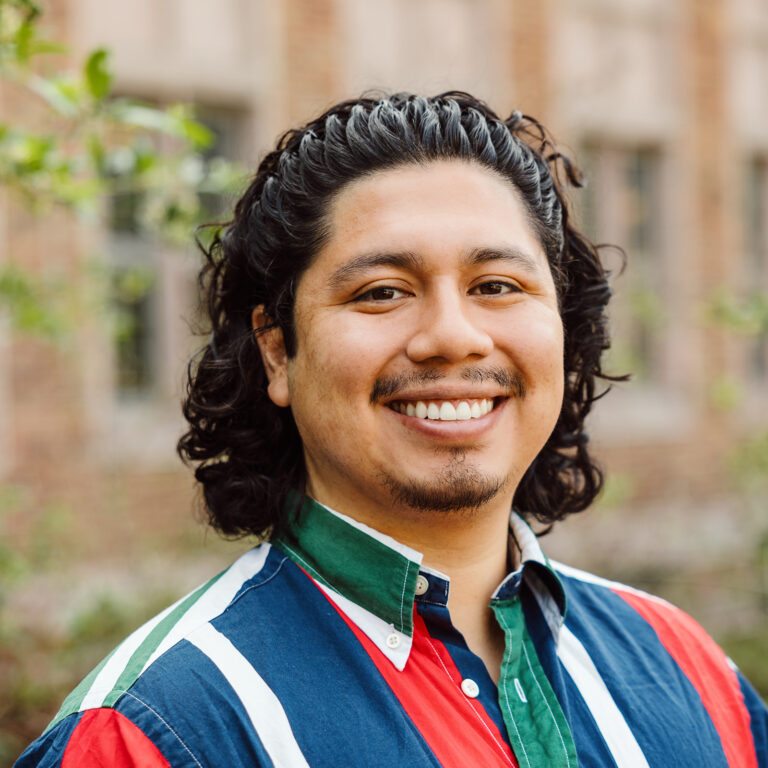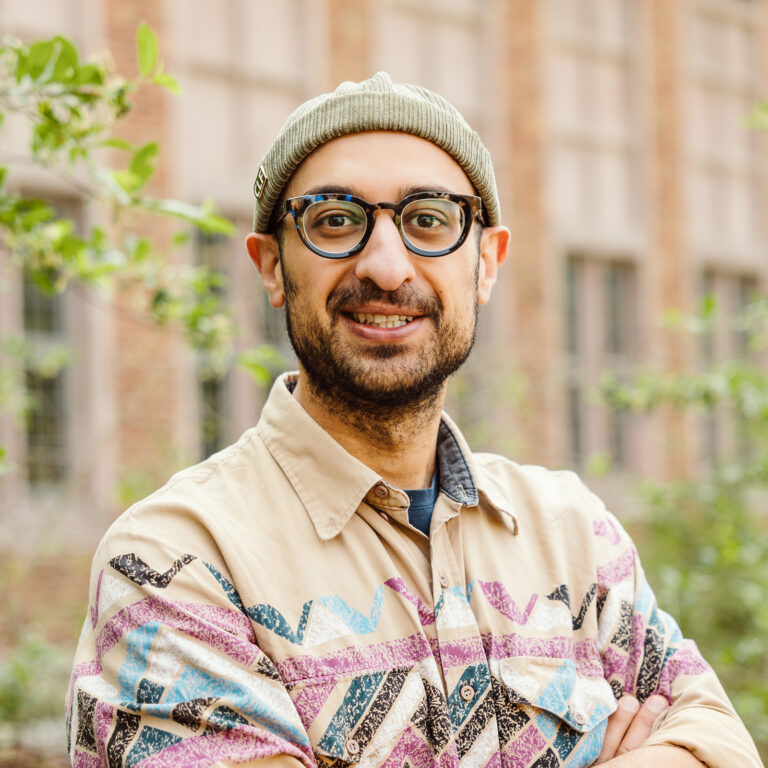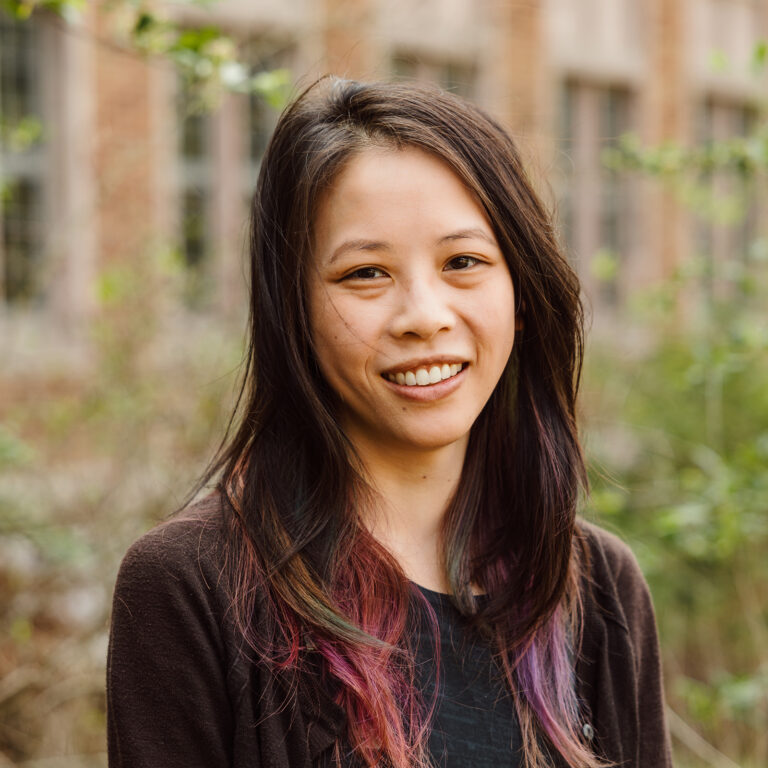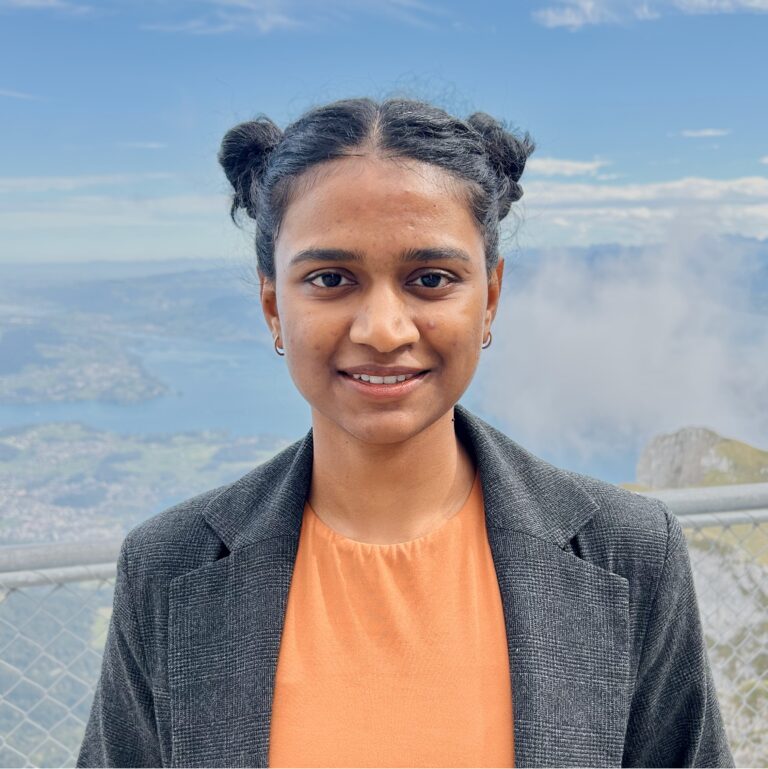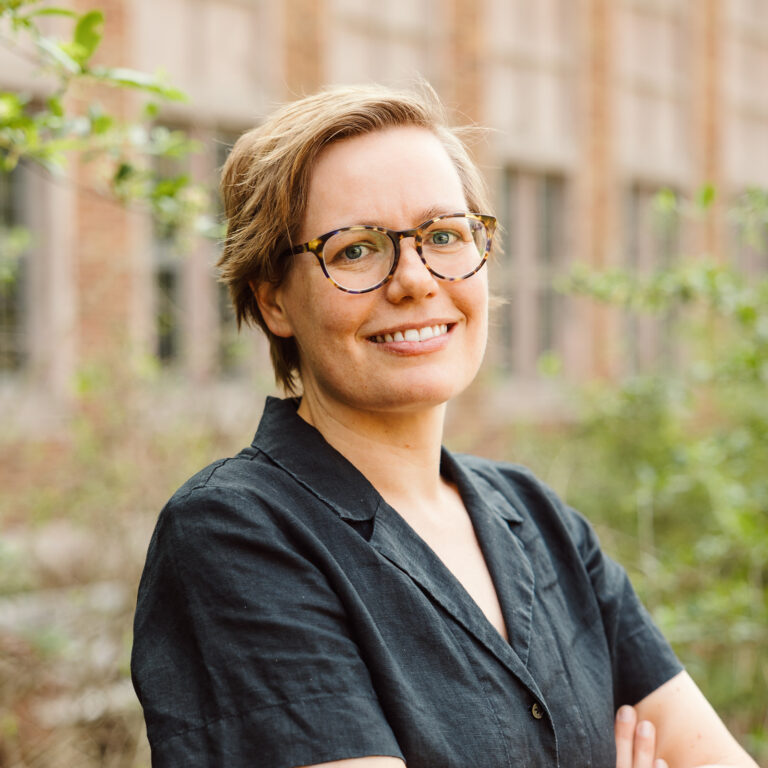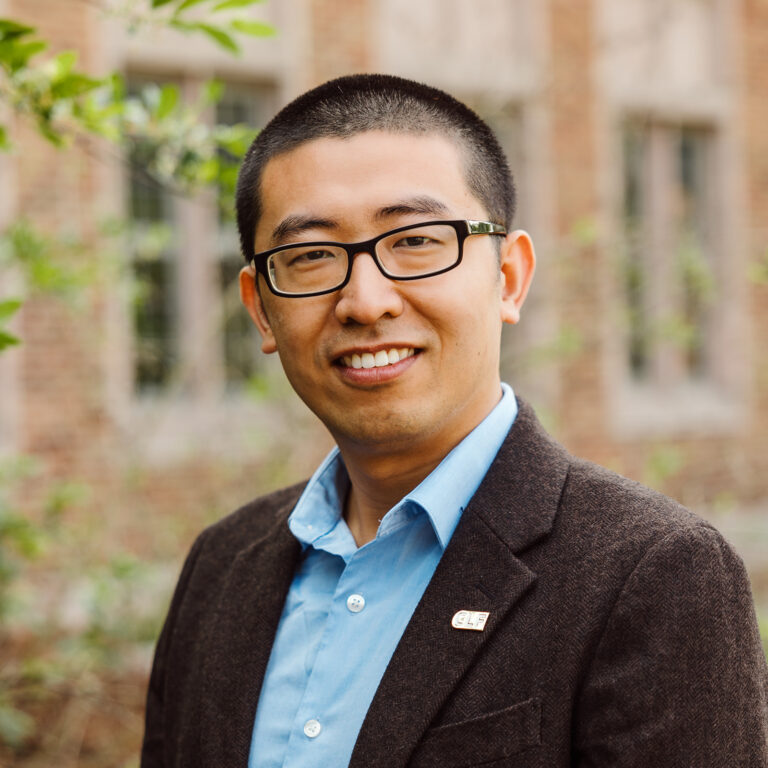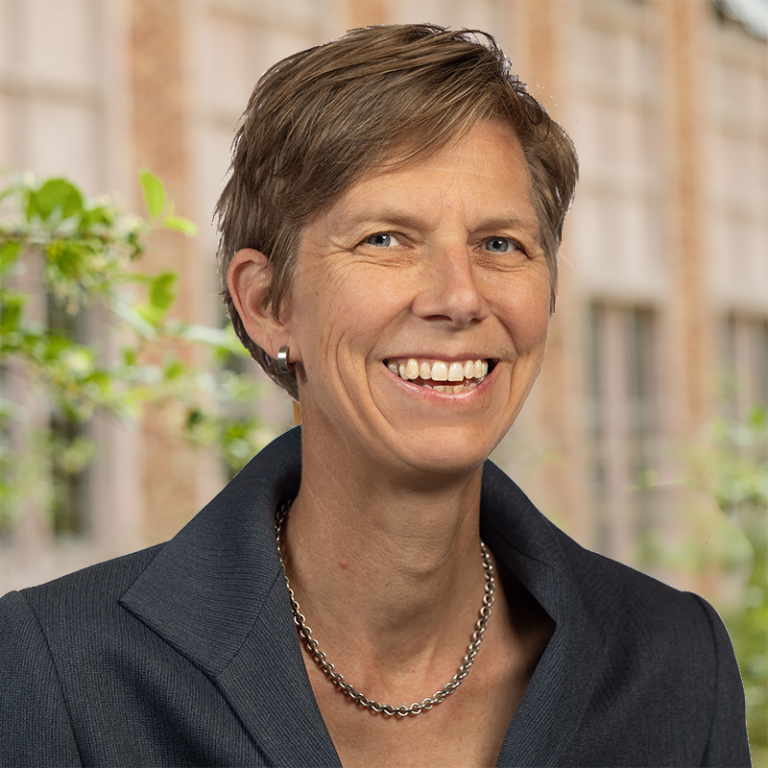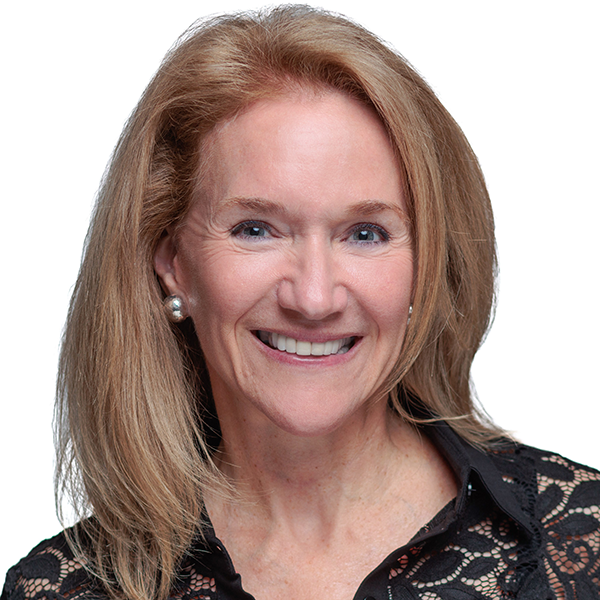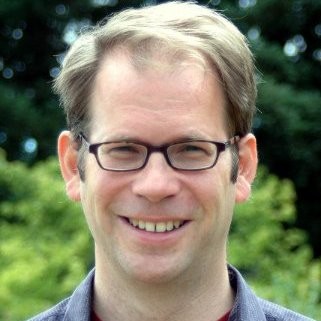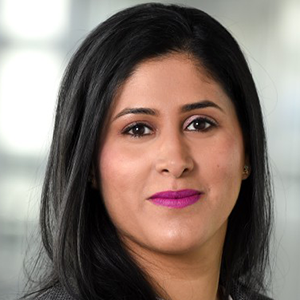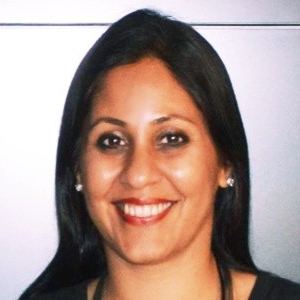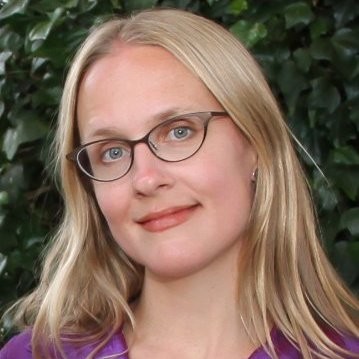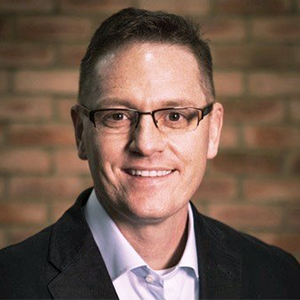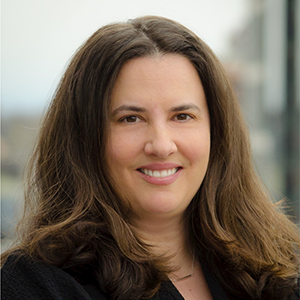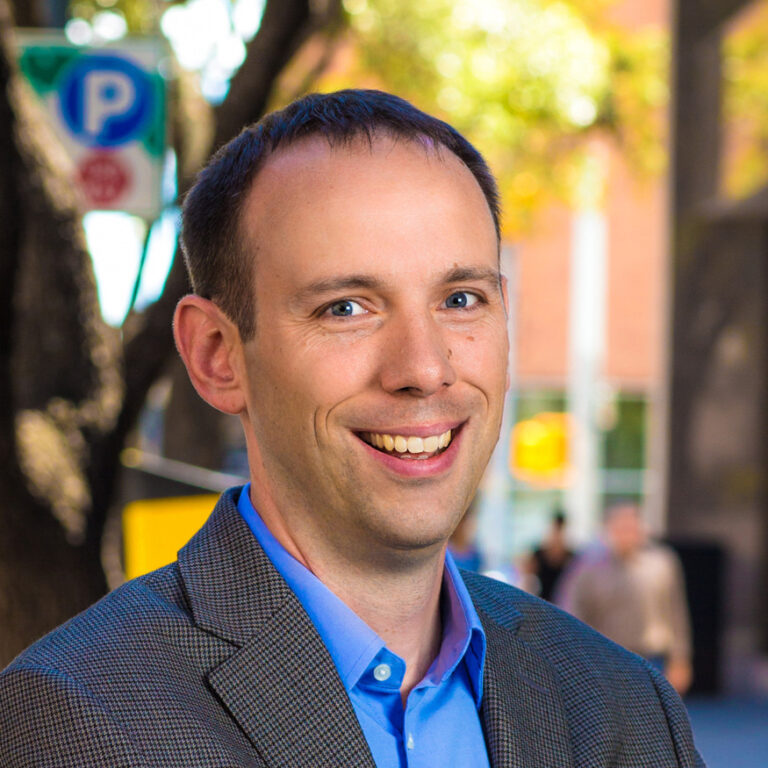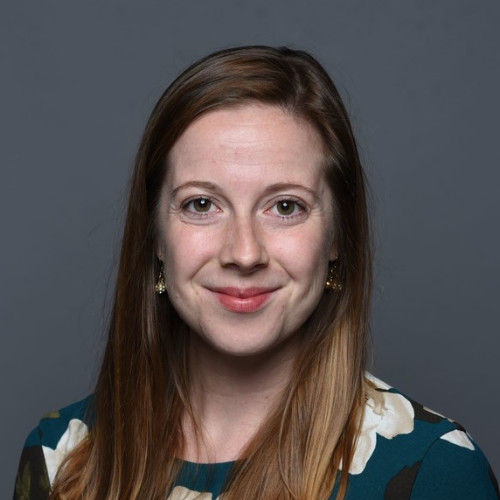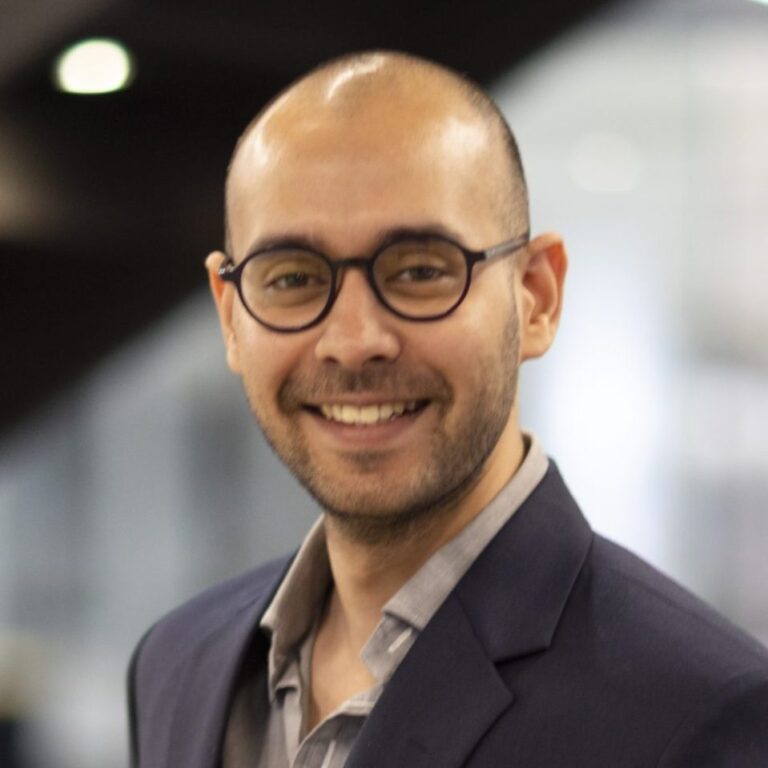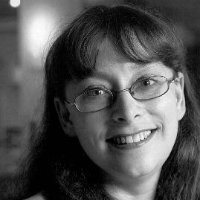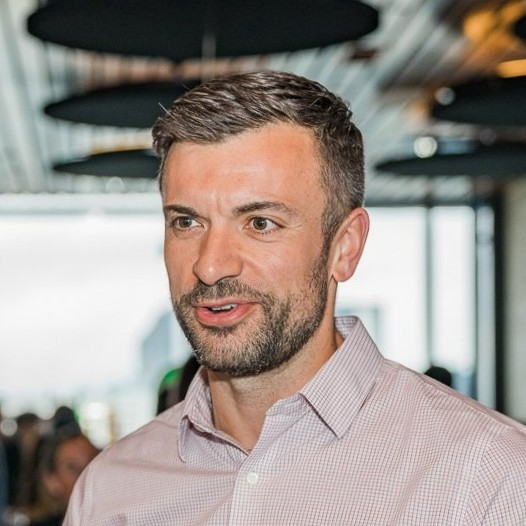Who We Are
The Carbon Leadership Forum accelerates the transformation of the building sector to radically reduce the greenhouse gas emissions attributed to materials (also known as embodied carbon) used in buildings and infrastructure.
We research, educate, and foster cross-collaboration to bring embodied carbon of buildings and infrastructure down to zero.
Our Vision
We envision a transformed, decarbonized building industry – better buildings for a better planet.
Our Mission
Our mission is to eliminate embodied carbon of buildings, materials, and infrastructure to create a just and thriving future.
How We Do it
Recognizing that buildings account for nearly half of global CO2 emissions, the Carbon Leadership Forum is dedicated to accelerating the transformation of the building sector to radically reduce the embodied carbon in building materials and construction through collective action.
The Carbon Leadership Forum propels knowledge through its embodied carbon research and resources, collaboration through its robust network of architects, engineers, contractors, material suppliers, building owners, policymakers, and associations, and action by supporting and empowering its members to advance new ideas and approaches through impactful initiatives.

Research
We investigate the pathways for maximizing carbon reductions and lead collaborative research with material experts, NGOs, industry partners and policymakers.

Resources
We accelerate learning by crowdsourcing and disseminating knowledge that empowers our members.

Network
We bring together architects, engineers, contractors, material suppliers, building owners, policymakers, and associations through environments designed to connect inspired advocates and spark unprecedented collaboration.

Initiatives
We accelerate market transformation by inspiring, supporting and empowering our members to advance new ideas through impactful initiatives.
Meet the Team
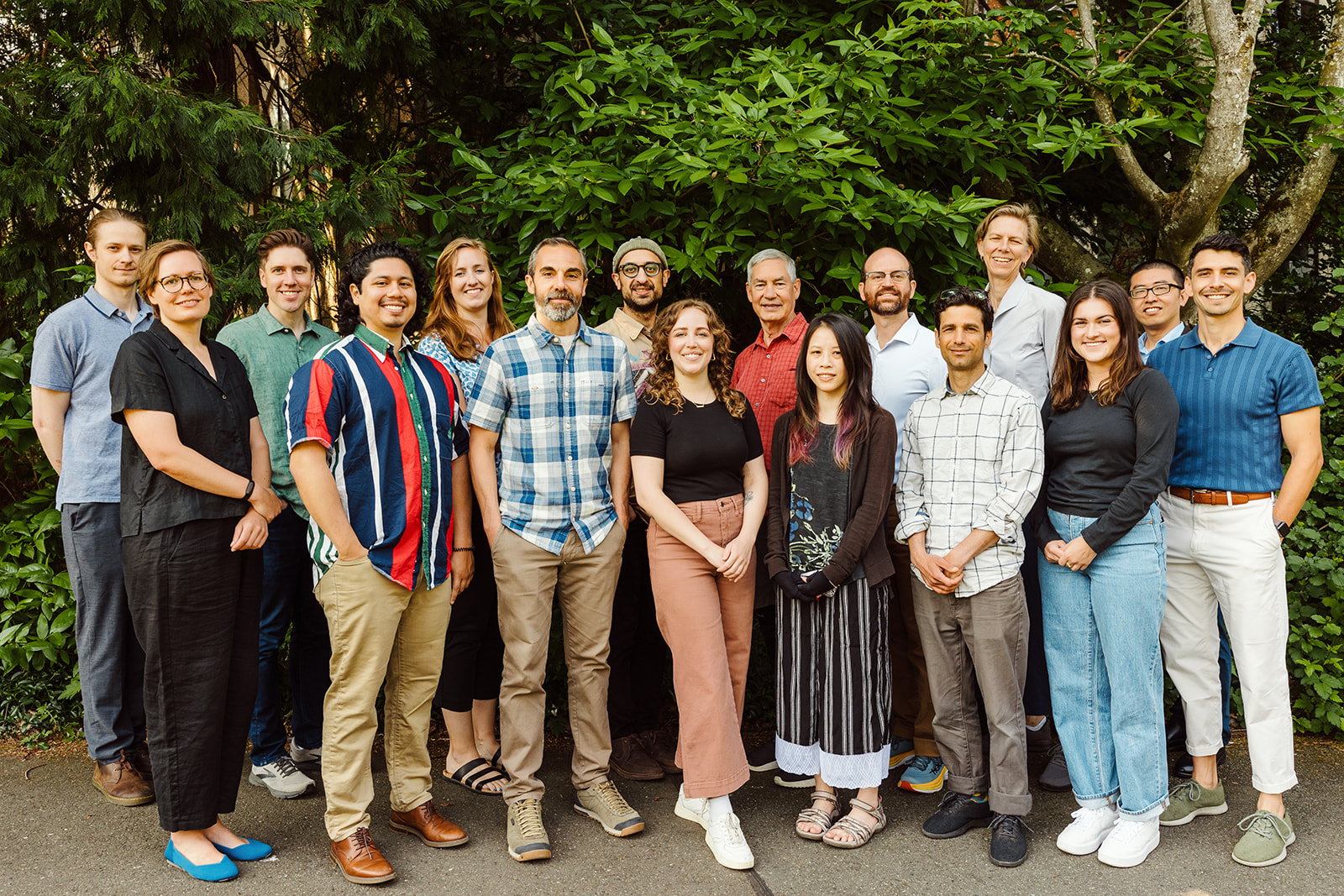
CLF Staff
Anthony Hickling
Executive DirectorMeghan Byrne
Engagement and Communications LeadAndrew Himes
Director of Collective ImpactMeghan Lewis
Program DirectorBrook Waldman
Low Carbon Products LeadJordan Palmeri
Senior ResearcherMichelle Lambert
Policy and Engagement ManagerCarbon Leadership Forum Affiliates
As the Carbon Leadership Forum transitions towards operating as an independent nonprofit organization, staff at CLF and the University of Washington’s Life Cycle Lab are working collaboratively across both organizations to reduce embodied carbon emissions from buildings and infrastructure. CLF Affiliates are collaborative partners who support the development of CLF research and other programs.
Anber Rana
Post Doctoral Scholar, UWAzeezah Sultana Priyota
Research Assistant, UWBrad Benke
Research AffiliateChad Evans
Program AffiliateEthan Ellingboe
Research AffiliateKarisha Shahnaz Hariadi
Research Assistant, UWMahsa Torabi
Visiting Researcher, UWMel Chafart
Research AffiliateMilad Ashtiani
Research AffiliateMonica Huang
Research AffiliateSindhu Raju
Student Assistant, UWStephanie Carlisle
Research AffiliateYang Shen
Research AffiliateUp Close and Personal
CLF and Life Cycle Lab team members introduce themselves with personal essays
CLF Board of Directors
Advisory Board
Deepshi Kaushal
Academic, Architect, Urbanist and ConsultantReshma Singh
IMPEL+, a program of the Department of Energy at Berkeley LabAmanda Kaminsky
Building Product EcosystemsScott Henson
CarbonCureSarah King
Kilroy Realty CorporationDirk Kestner
Walter P. MooreMarta Schantz
Urban Land Institute (ULI) Greenprint Center for Building PerformanceNilesh Bansal
Green Building InitiativeBarbra BatShalom
Sustainable Performance InstituteRyan Zizzo
Mantle DevelopmentsPast Staff and Students
Aiwen Xie, Visiting Graduate Exchange Student Assistant
Alex Ianchenko, Undergraduate Research Assistant
Allison Hyatt, Researcher
Barbara X. Rodriguez, Graduate Research Assistant
Christina Bjarvin, Research Assistant
Claire Cyra, Undergraduate Research Assistant
Dalton Owens, Undergraduate Research Assistant
Daniele Alampay, Undergraduate Research Assistant
David Fish, Student Assistant
Ezekiel Jones, Undergraduate Research Assistant
Jesce Walz, Graduate Assistant
Jim Ditto, Student Assistant
Jorge Gomez, Undergraduate Research Assistant
Josslyn Shapiro, Student Assistant
Julie Kriegh, Researcher
Kristen Strobel, Student Assistant
Lindsay Todaro, Student Assistant
Mariam Hovhannisyan, Student Assistant
Mazohra Thami, Student Assistant
Megan Kalsman, Researcher
Meng-Yen Lin, Research Assistant
Moazamah Rubab, Undergraduate Research Assistant
Sofia Segebre, Student Assistant
Stephanie Barrera, Student Assistant
Tina Dilegge, Program Manager
Weston Norwood, Student Assistant
Yasaman Esmaili, Graduate Research Assistant
2022-2023 Carbon Leadership Forum Impact Report
A changed landscape for embodied carbon action
Over the past five years, we’ve seen the emergence of an unprecedented global focus on climate mitigation, carbon sequestration, technological creativity and innovation. We’ve seen more sophisticated carbon assessments, innovations in material production, a sharper focus on rigorous interpretation of carbon claims, and significant shifts in industry practice supporting decarbonization. And within the building industry, we’ve seen evidence of revolutionary change for both materials
and the buildings that incorporate them.

